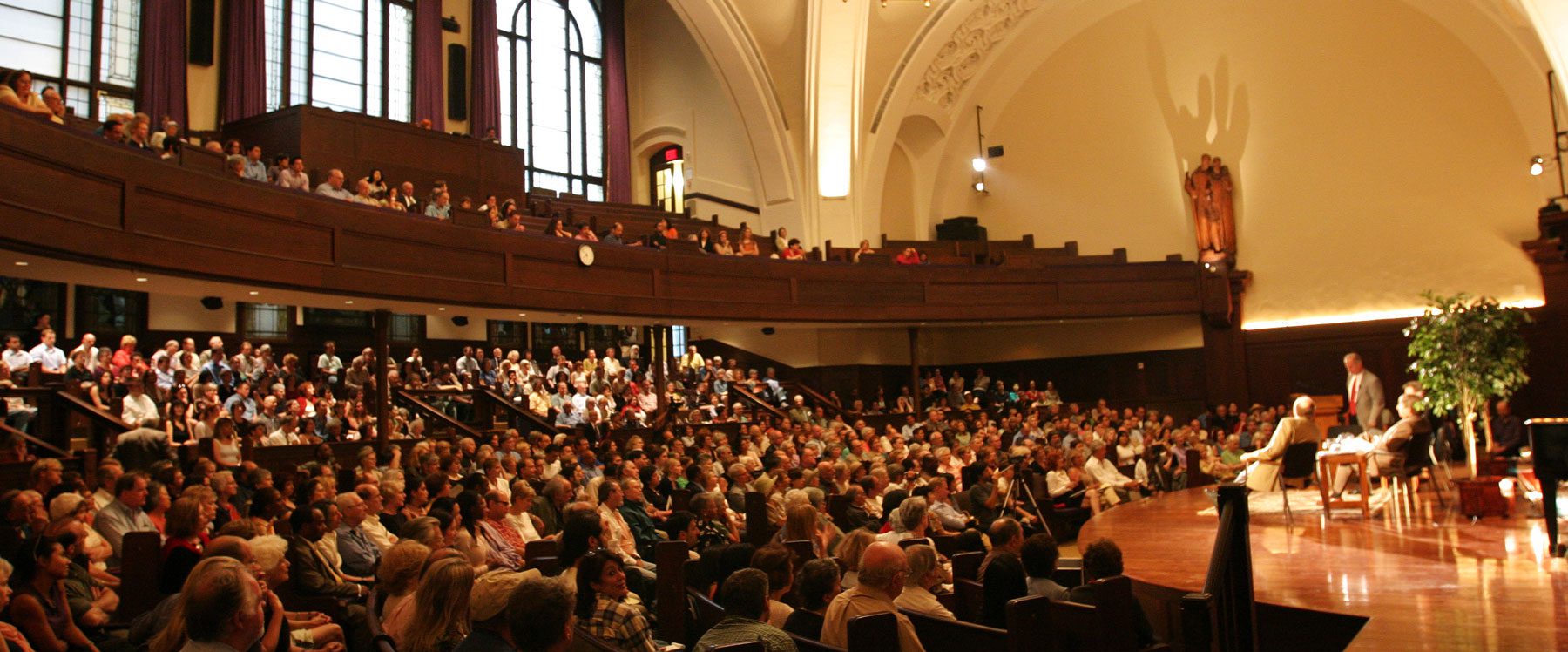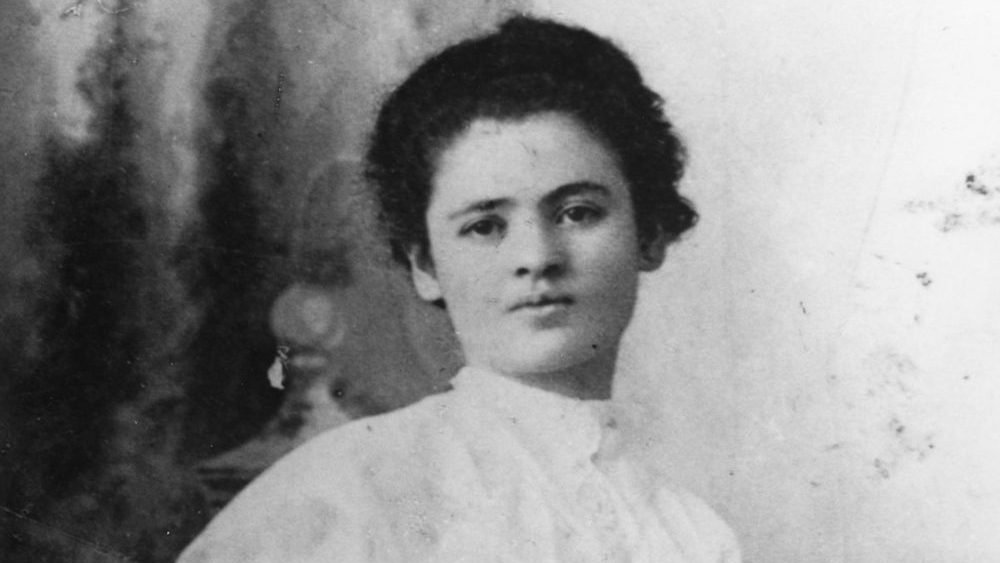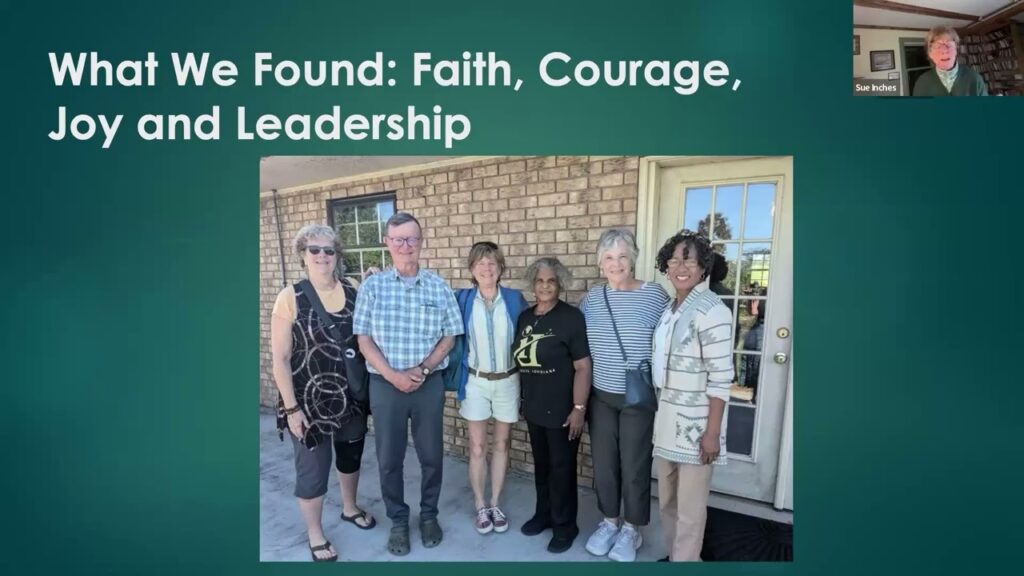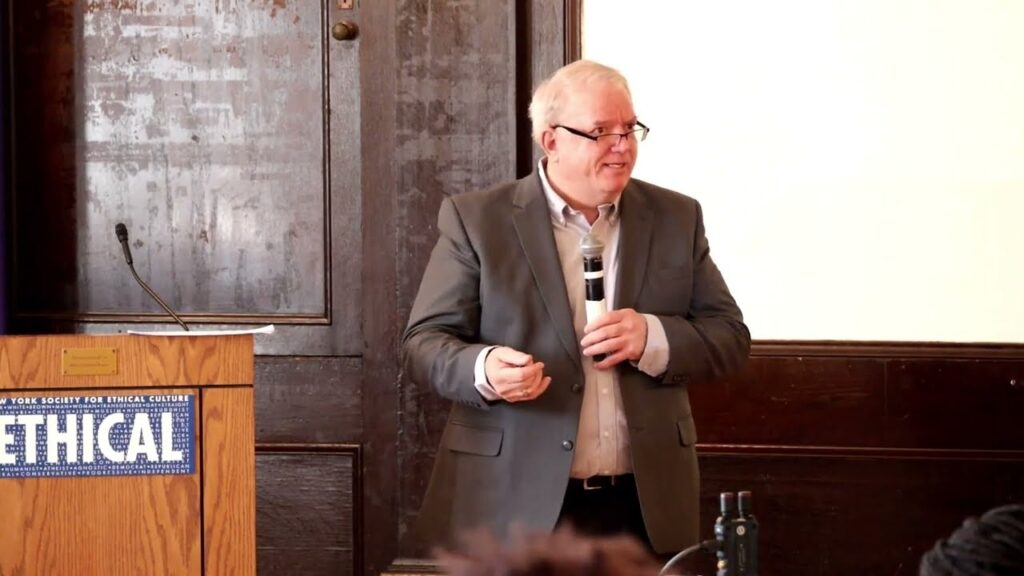
“When two people love each other,” I remember my father saying, “It’s a miracle.” We were watching my then two-year old daughter playing in my parents’ backyard. I wondered aloud whether it had disturbed him that Glenn and I had lived together for a number of years before marrying. “Not really,” he said, although I doubted him. “At least you’re married now,” he added with a smile.
It is indeed a miracle when two people love each other enough to make a commitment to each other’s happiness: sharing life’s joys and sorrows, building a family and a future together. I witness that miracle almost every time I interview a wedding couple. I see it in the way they look at each other, hear it when they laugh together, feel it when they tell me their stories. Why would some people imagine that such love is limited to heterosexual couples? Why would they deny marriage to same-sex couples whose depth of commitment is every bit as real – and as miraculous – as theirs?
I spent Tuesday, April 28, in Albany with Empire State Pride Agenda, and thousands of supporters, lobbying for the right of other couples, like Glenn and me except in gender, to make the choice that we had made: to legally marry.
Beside the 1,138 rights and responsibilities bestowed upon married couples by the federal government, there are another 1,324 rights and responsibilities that come from New York State, including medical decision-making authority, inheritance rights, immunity from having to testify against a spouse in court, and not having to pay taxes on spousal health insurance benefits. Many of these protections, e.g., a Workers Compensation death benefit for a surviving spouse, can be achieved only through marriage or some other governmental recognition of a family. Neither civil union nor domestic partnership secure the federal rights and responsibilities that come with marriage, such as Social security survivor benefits and immigration rights.
In the afternoon, I participated in an Interfaith Service at the Albany Convention Center with clergy and lay people from Christian, Jewish, Muslim, Hindu and Buddhist traditions. It was a celebratory occasion, full of hope and companionship. Pride in the Pulpit, comprised of hundreds of faith congregations throughout the state, advocates for the rights of LGBT (lesbian, gay, bisexual and transgender) New Yorkers and confronts religious-based bigotry. I recited the words of Ethical Culture Leader John Lovejoy Elliott: “The love of the human heart is the most real and the most beautiful of all the realities we know. . . Whatever the length of time may be, to have known something of this is to have experienced the supreme privilege of being human.”
Being human: That’s what is at stake here. We experience ourselves as fully human in relationship with others; giving and receiving love, building homes and communities that nurture our potential for goodness. We need to protect all couples who make a profound commitment to make a home for each other in their hearts and who contribute to the strength and vitality of their communities. It is our ethical obligation.







